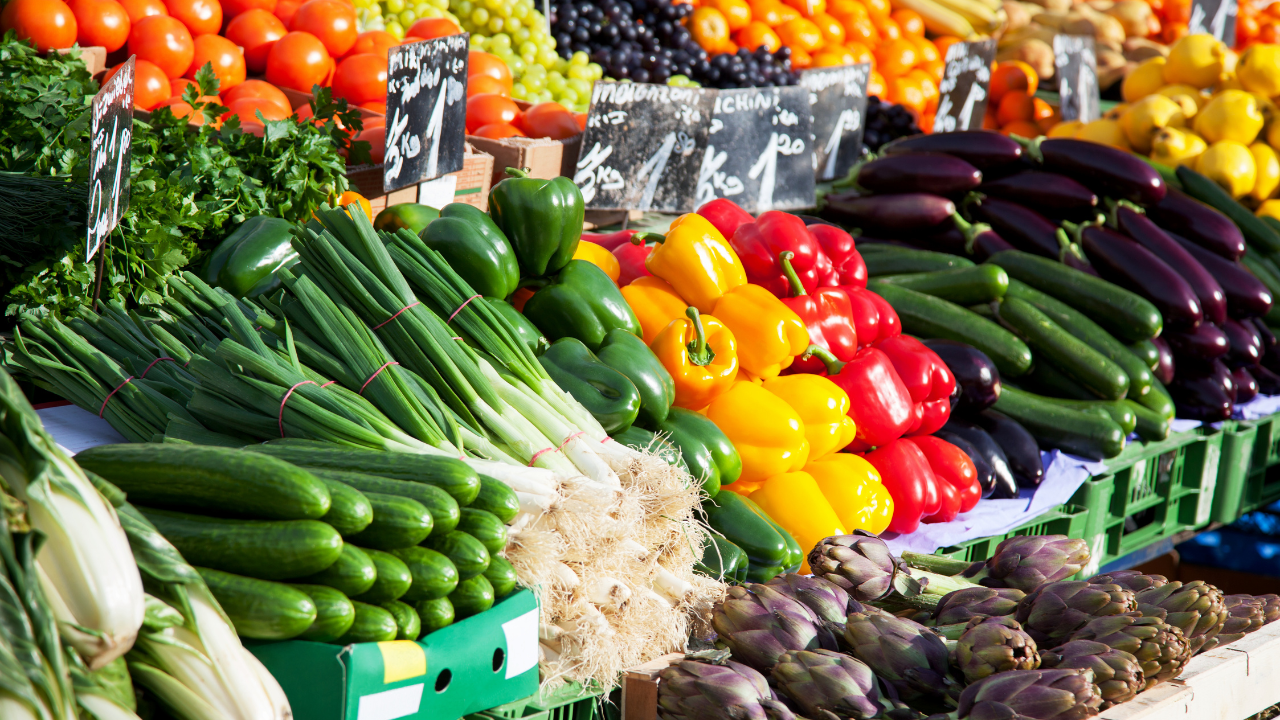The rise in prices, especially of food items, has become so drastic that it has forced a change in the shopping habits of a large proportion of consumers. Nivelina Nyagolova and cameraman Hristiyan Krastev checked what we are missing out on and are we making bigger compromises with quality because of the high prices.
In front of one of the large food chains in Varna, we meet the Gerchevi family.
Among their purchases are fruits, vegetables, milk and oil for over 100 BGN.
But although they both work, they are deprived of some food items.
Is there a trade-off between inflation and price growth?
"There are, yes, some more expensive appetizers, alcohol - we deprive ourselves of that.
Of the main ones, no, but with each passing month the prices are getting higher and higher.
Especially for milk.
With 100 leva, you can no longer buy the same things that could be bought last year.
So now we choose a little more", says Georgi Gerchev.
The Hristov family are pensioners.
With their income, they can no longer buy everything they need, so they look for other options.
"In the morning I picked nettles and we cooked with bulgur.
I will look after tomatoes and cucumbers by myself, otherwise these tomatoes are now both expensive and not tasty.
60 BGN - beer, potatoes and mushrooms, nothing else, and oil! We used to get them for 30 BGN, now we get them for 60", says Hristo Hristov.
Both wages and pensions have increased over the past year, but this has not covered inflation, which has affected all goods, not just food.
According to national statistics, the average salary for Varna at the beginning of last year was BGN 1,420, and at the end - BGN 1,750.
This increase cannot compensate for the increase in food prices.
"For the last year, dairy products have risen many times.
Sometimes they go as high as 60-70 percent, with increases sometimes being monthly.
In this regard, we have even stopped working with some of our suppliers and are looking for alternative ones", explains Ivan Enev, manager of a grocery store.
Due to the almost double increase in the price of essential food products, consumers have also changed their shopping habits, according to the observations of Ivan Enev.
"They only buy what they need.
Shopping that used to be weekly has now become daily.
They don't stock up on food," he added.
According to experts, the biggest price increase is for eggs.
Their price is expected to rise before Easter.
